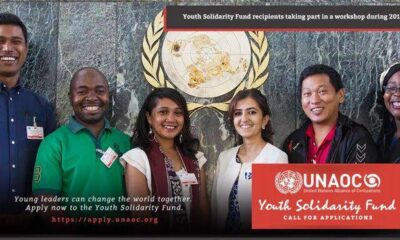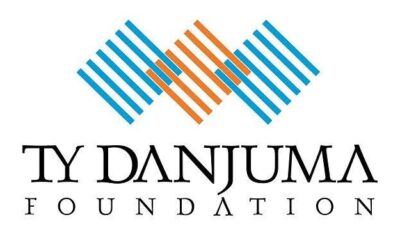EDITORIAL
VeryDarkMan’s Release: A Win for Free Speech or a Question of Accountability?
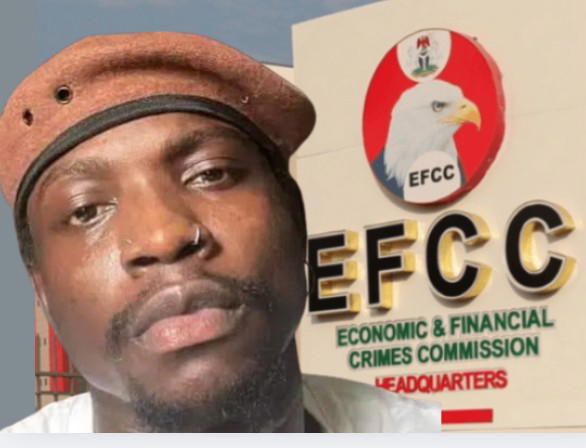
The release of Martins Vincent Otse, popularly known as VeryDarkMan (VeryDarkMan’s Release), from EFCC custody has stirred up yet another wave of public reaction across Nigeria’s digital and social spaces.
Following nearly a week of detention after he accompanied his mother to a GTBank branch to resolve issues around unexplained debits, the popular activist was taken into custody over alleged cyberstalking. While the EFCC claimed that multiple petitions were filed against him—triggering the arrest—it remains unclear whether his release was a result of fulfilling bail conditions or a change in the Commission’s handling of the case.
Regardless of the reasons, the development has once again thrust VDM into the spotlight, forcing Nigerians to reflect on freedom of expression, social activism, and the blurry lines between truth-telling and defamation.
VeryDarkMan is not new to controversy. His rise to national relevance came through a unique brand of blunt social commentary, often marked by viral videos where he calls out celebrities, politicians, and societal rot. To his supporters, he represents the voice of a generation tired of hypocrisy and injustice. To his critics, however, he is impulsive, harsh, and sometimes reckless in his accusations. This polarizing identity is what makes his case complicated. It’s no surprise that upon news of his arrest, Nigerians were divided—some defending him as a crusader for truth, others insisting that his growing influence must be held accountable within legal limits.
The celebration that followed his release says a lot about how many citizens feel stifled by the current state of the country. Social media campaigns were launched in his defense. Hashtags demanding his freedom trended on X (formerly Twitter). Public figures like Omoyele Sowore, himself no stranger to government pushback, amplified calls for his release. It became more than just about one man—it became a symbol of the people pushing back against what they perceive as selective justice. In a country where corruption stories are swept under the rug and the powerful often walk free, the targeting of a loud civilian figure—even if controversial—can seem like the wrong priority to many.
Still, the case raises important questions. Where do we draw the line between activism and cyberbullying? Can a person speak truth to power without occasionally crossing legal boundaries? Should personality-driven advocacy have more structure and restraint? These are the dilemmas Nigeria continues to face in the digital era, where platforms amplify voices but rarely filter their consequences. While VeryDarkMan may speak for the streets, the legal system still holds the tools to define what is lawful or not, even if inconsistently applied.
At this point, it is difficult to say whether his release marks the end of his legal troubles or simply a pause. The EFCC has signaled intentions to press charges, meaning the court of law may eventually decide what the court of public opinion cannot. But what remains clear is that VeryDarkMan’s case is more than a celebrity moment—it is a mirror reflecting Nigeria’s complex relationship with truth, influence, and justice. Whether one celebrates his release or questions it, the conversation he represents is one the country urgently needs.
Discover more from Asiwaju Media
Subscribe to get the latest posts sent to your email.
-
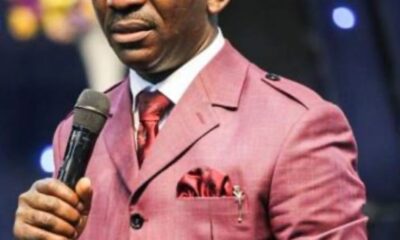
 NEWS5 days ago
NEWS5 days agoPastor Paul Enenche Rejects ₦30 Million Donation From Kebbi Government During Crusade
-
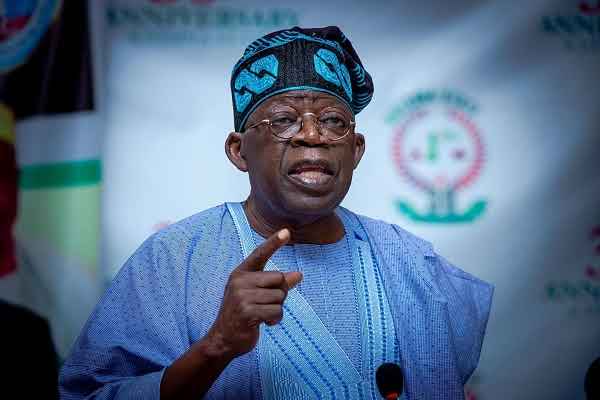
 NEWS6 days ago
NEWS6 days agoTinubu Blasts IGP Egbetokun Over Failure to Arrest Benue Killers
-
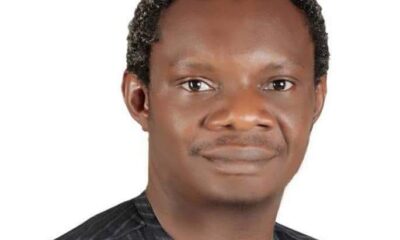
 POLITICS23 hours ago
POLITICS23 hours agoEbonyi Rep Member Threatens Constituent for Supporting Charity Foundation
-
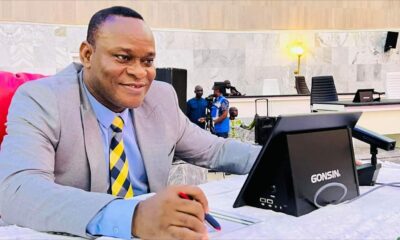
 POLITICS7 days ago
POLITICS7 days agoNwali Celebrates Kelechi Igwe at 55, Hails His Impactful Legacy
-
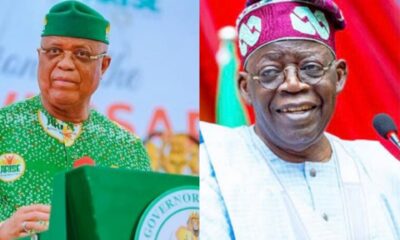
 POLITICS5 days ago
POLITICS5 days agoTight Security In Uyo As Tinubu Set To Attend Governor Umo Eno’s Grand Welcome Into APC
-

 NEWS6 days ago
NEWS6 days agoPresident Tinubu Visits Hospitalized Victims of Benue Massacre
-
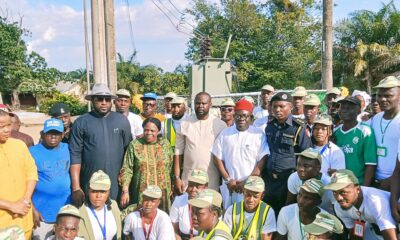
 INSIDE NYSC4 days ago
INSIDE NYSC4 days agoALGON Chairman Donates Transformer to NYSC Ebonyi Orientation Camp, Ends Years of Power Outage
-

 JOBS/SCHOLARSHIPS1 day ago
JOBS/SCHOLARSHIPS1 day agoCDCFIB Announces Nationwide Recruitment into Paramilitary Agencies
-
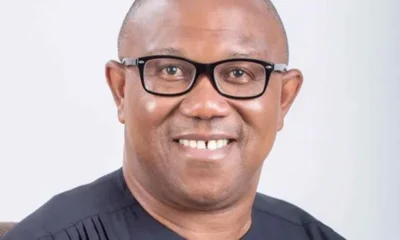
 NEWS7 days ago
NEWS7 days agoPeter Obi Commends Tinubu’s Planned Visit To Benue, Urges Him To Also Visit Niger Flood Victims
-

 NEWS7 days ago
NEWS7 days agoTinubu Flags Off Construction Of New INEC Headquarters Annex In Abuja
-
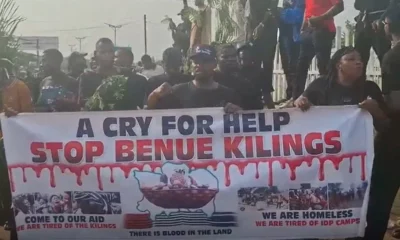
 NEWS4 days ago
NEWS4 days agoSPECIAL REPORT: Nigeria’s Slow Descent into Anarchy; Warnings Ignored, Blood Still Spills
-
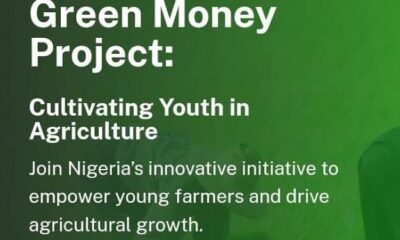
 NEWS4 days ago
NEWS4 days agoCall For Applications: Green Money Project for Nigerian Youth in Agribusiness 2025





